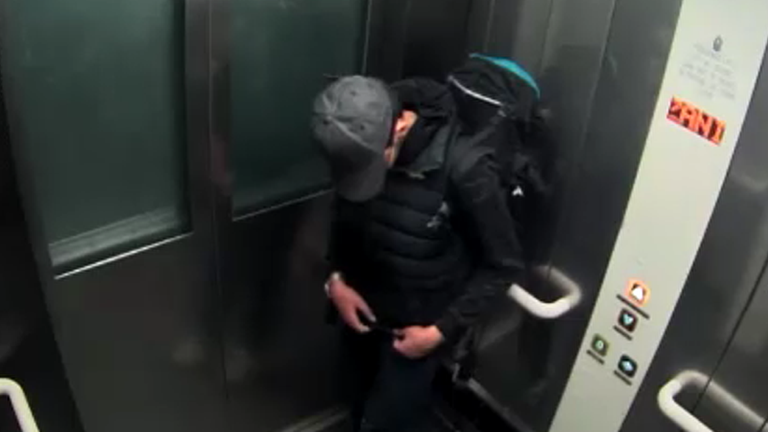Manchester Arena bomb inquiry: Attacker Salman Abedi was misogynist who had ‘very bad’ and ‘disrespectful’ attitude towards women
The Manchester Arena bomber was a misogynist who beat up a girl at college for wearing a short skirt, and chose to target young girls at a concert because of his hatred for women, an inquiry has heard.
Misogyny should serve as a “red flag” for potential extremists, the inquiry into the May 2017 bombing at an Ariana Grande gig was told, as it looked at whether opportunities were missed to stop the radicalisation of 22-year-old Salman Abedi.
The inquiry was told about an occasion on which Abedi attacked a female student at Manchester College, where he was studying GSCEs, in October 2012.
Abedi apparently got into an argument with the student, who was also from a Libyan background, about why she was wearing a short skirt.
The female student slapped Abedi and he responded by punching the student and continuing to punch her while she was on the ground.
Mediation took place with the young woman, and her next of kin, at her request and police told the college they had performed “restorative justice” and Abedi was safe to return.
Police asked him to undertake an anger management course and he apparently told them that was being provided by the college but it never took place.
Safeguarding minutes referred to Abedi having a “study contract” which meant he was allocated a trained youth worker, although there were no further details.
The bomber had a “bad” attitude toward female teachers
Matthew Wilkinson, an expert in radicalisation for the inquiry, called the assault a “completely unjustifiable and dreadful response”.
Other students have since commented that he was “very disrespectful” to female members of staff and teachers and that he had “a real problem with women”.
Manchester Arena bombing victims remembered by their loved ones
Mr Wilkinson said Abedi represented someone who had a “very, very bad attitude to women.”
Nick de la Poer QC, for the inquiry, asked if that “should have raised a red flag to the authorities that Salman Abedi had by then developed views that required some sort of intervention?”
The expert replied: “If that event had been investigated properly it might have revealed that the dress code was abhorrent to Salman.
“Certainly if it had been flagged up together with a consistent portrait of Salman at various educational institutions he had attended then it really might have been a red flag.
“Whether it would have done in an isolated way, I am not sure.”
Should authorities consider misogyny as a sign of radicalisation?
Mr de la Poer asked if the government’s Prevent de-radicalisation programme and police ought to have misogyny and a “them and us view” at the “forefront of their minds?”
“It is a strand that Islamist extremists play on but the lack of this comprehensive portrait was the real issue,” he said.
“I think he just wanted to be noticed if I’m honest with you and with the violent Islamist world view he was moving through, together with Hashem (Salman Abedi’s brother), he had the perfect mechanism to gain that attention, to stand out.”
Bomber Salman Abedi had a “royal flush” of radicalising influences
Mr Wilkinson was asked whether identifying misogyny in terms of abusive behaviour or violence was a “marker for identifying Islamist extremism” and whether the authorities should consider that.
“Denigrating women and calling them filth and the impurity of the kuffar is one of the ways in which this extremely divided ‘us versus them’ world view is constructed.”
Abedi had “poor prospects and poor qualifications and apparently told a friend that he ‘didn’t want to deal with this country anymore’.”
His parents had moved back to Libya and he seemed to have a “pretty low status in his peer group”.
There was “very little to hold him back with the promise of paradise and the virgins of paradise, that might have seemed much more appealing”.
Parent’s didn’t integrate into society
Mr Wilkinson said there had been an opportunity to help his parents integrate into British society when they arrived as refugees and claimed asylum.
Instead, Ramadan Abedi never had a tax-paying job or a regular salary, became involved, with other members of the family, in petty crime such as shoplifting, and survived on benefits.
“They were completely unintegrated into British life and they weren’t helped to do so either.”
The inquiry continues.
Source: Read Full Article







